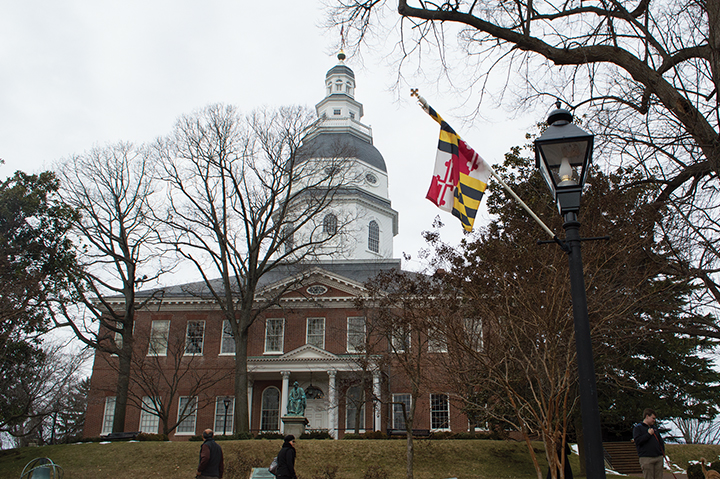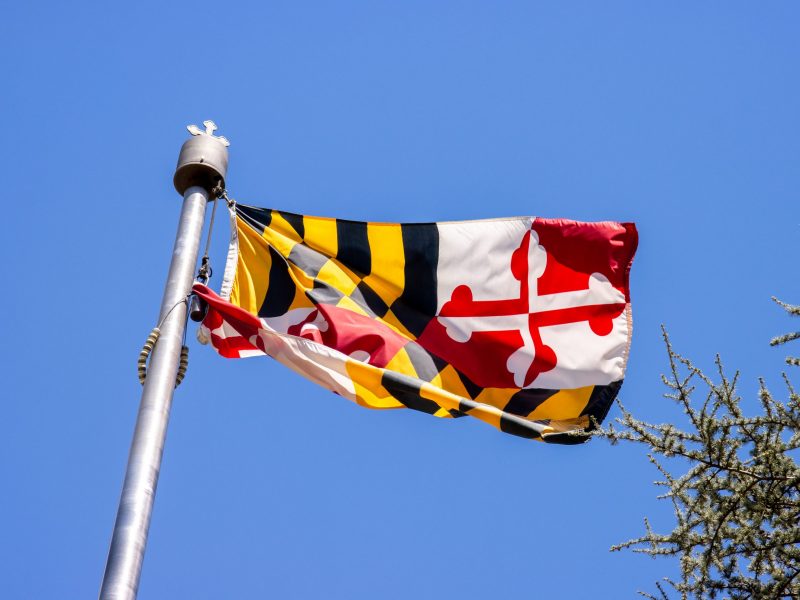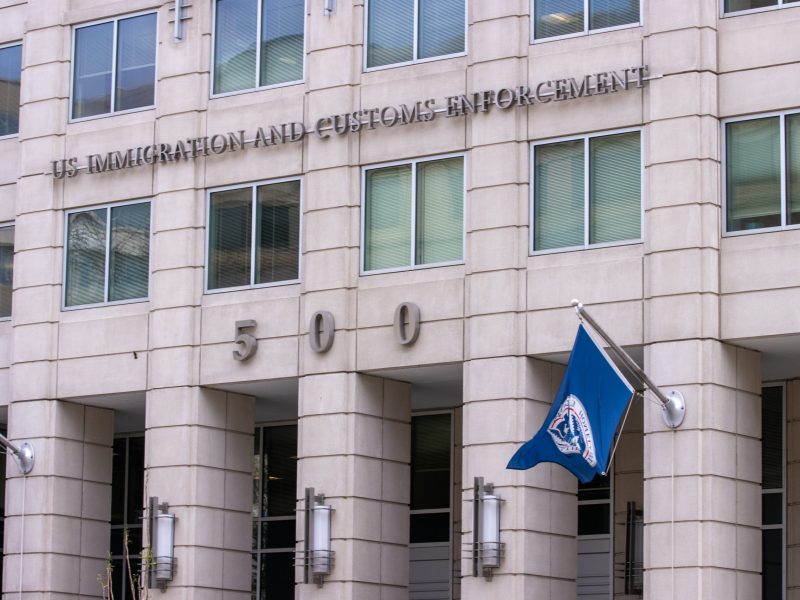Hundreds of bills went into effect in Maryland on Sunday after passing through the General Assembly in its 2017 legislative session, including measures helping sexual assault victims and banning fracking.
Other noteworthy actions include banning “price-gouging” generic drugs and prohibiting the sale of internet state lottery tickets.
Sexual assault
As of Sunday, Maryland state law specifies that sexual assault survivors do not need to prove they physically resisted their attacker in order to prosecute the case, The Associated Press reported.
Previous laws didn’t explicitly require physical resistance to bring a rape charge, but Del. Kathleen Dumais (D-Montgomery), who sponsored the bill, told The Baltimore Sun some police and prosecutors have been reluctant to pursue a case unless the victim could show they fought back.
[Read more: Campus guns, marijuana bills fail to pass before Maryland General Assembly session ends]
In 2003 and 2004, a similar sexual assault bill didn’t make it past committee, Dumais told The Sun, but this year, it faced little opposition.
“We called it ‘No Means No’ and we couldn’t get it out of committee,” Dumais said. “This year that bill sailed through like it was the best idea that ever was and no resistance whatsoever.”
One new law dictates that forced oral and anal sex will be considered rape. Another law that went into effect on Sunday requires sexual assault evidence collection kits to be kept for 20 years, unless the case for which the evidence was collected ended in a conviction and all suspects have completed their sentence or are dead. Laws pertaining to child sexual abuse will also include child sex trafficking.
The University of Maryland’s Preventing Sexual Assault organization, founded in October 2015, aims to spread awareness of sexual assault prevention on the campus. The club holds an annual all-day event, “Sit Down 2 Stand Up,” on McKeldin Mall, in which sexual assault survivors and advocates are invited to speak.
“Many victims have so many different reactions to sexual assault, and the first instinct is not always to defend oneself or even defend oneself in a physical manner,” junior journalism major and Preventing Sexual Assault historian Michael Smith said. The new law is “just a huge step in the right direction,” he said.
As part of the law, individuals who allege they were abused as children now have until age 38 to report it, up 13 years from age 25. This statute of limitations applies to child abuse victims age 18 or younger at the time of the abuse, The Washington Post reported.
[Read more: A Maryland bill could redefine sexual assault in the state]
Fracking
Maryland is the third state to create a permanent hydraulic fracturing ban.
While advocates claim fracking — which involves fracturing rock by inserting liquid, composed mainly of water with some sand and chemicals, into the ground — is a cleaner form of energy than coal, opponents have pointed to the possibility of earthquakes, water contamination and emissions of greenhouse gases as a result of the practice.
Students in this university’s MaryPIRG organization were among those lobbying against fracking in the state, with a visit to the state house in Annapolis and a petition that garnered more than 1,000 student signatures.
Allegany and Garrett counties had the highest potential for fracking in the state, The Post reported.
Ethics reform
An ethics reform bill, which unanimously passed the House of Delegates and Senate, will broaden the definition of what is deemed a conflict of interest for public officials and increase financial disclosure requirements, The Post reported.
Almost one-third of Marylanders consider corruption a “major problem” in state government, according to a Washington Post-University of Maryland poll that was published in March. The legislation was part of an attempt to address a “string of scandals” that involved Democratic lawmakers.
Two of these scandals involved the Prince George’s County liquor board, The Post reported.



